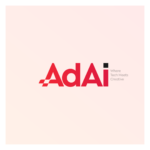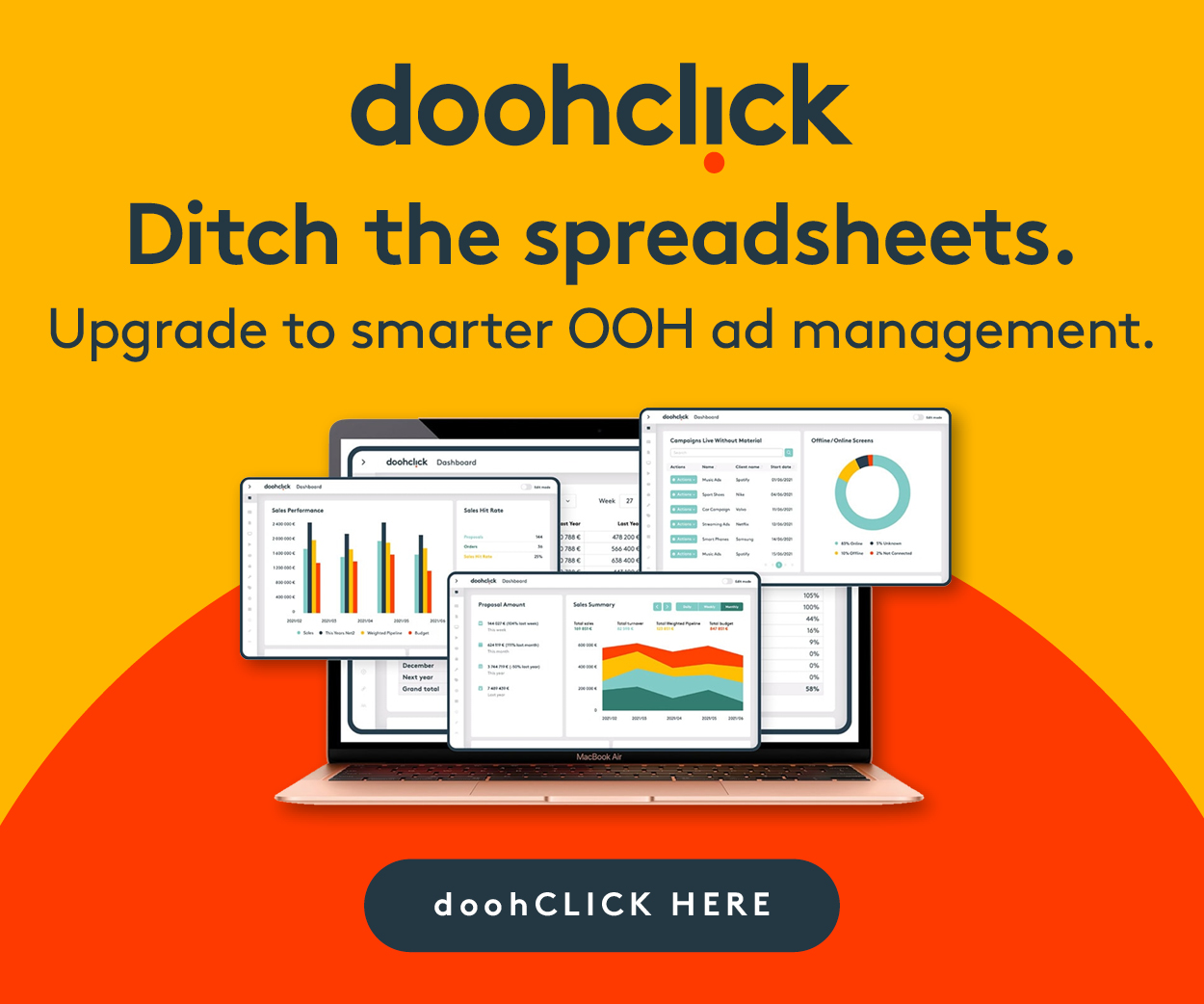Half of advertising in 2023 involves some form of AI* and marketing is an industry that McKinsey predicts has one of the largest amounts of potential value to gain from AI**.
‘How Can Advertisers Leverage AI and Generative AI‘ is a call for papers which aims to help advertisers unlock the potential of both AI and generative AI by developing theoretical knowledge that can inform advertising practice.
The Advertsing Research Foundation (ARF) suggest the following indicative topics but welcome others as well:
- What possibilities exist for how AI and generative AI can be harnessed by advertisers? Where are advertisers likely to see the most effective use of AI?
- How might advertising research evolve due to new generative AI-based research tools? Can they replace or merely augment human efforts?
- To what extent are consumers aware of and knowledgeable about AI practices in content they view? What factors influence audience experience and trust in viewing AI generated content? How do consumers react to AI mimicking human behaviors?
- How can generative AI be used in SEO and experimentation such as A/B testing?
- When and how are generative AI tools best used to create visuals and copy in advertisements? How do consumers respond to ads created using generative AI and why? Do consumers respond differently to certain types of ads and, if so, why?
- How do AI technologies such as interactive ads and logo detection influence consumer experience and the consumer journey?
- Generative AI has the potential to create hyper-personalized ads served to micro-segments or even individual consumers. How will consumers respond to such ads? When and why might consumers like vs. resist such personalization?
- Generative AI makes it possible to alter characteristics of models in ads to increase diversity. For instance, AI can be used to change ethnicity, age, and gender. How do consumers respond to such virtual diversity?
- How can advertisers respond to the threat of components of their ads being copied, altered, or used by others? To what extent should brands use material (i.e., images, text) and ideas from others when creating using generative AI?
- What factors affect organizational adoption of AI and what risks do advertisers and marketers need to be aware of and mitigate to ensure its effective use?
- What ethical considerations do advertisers need to be aware of (e.g., algorithm bias) when utilizing generative AI and what consequences exist for Diversity, Equity and Inclusion (DEI)? What implications does this have for governance of AI to ensure a responsible and ethical approach to use?
- While theoretical insights are vital, given our strong industry readership, we also ask authors to pay particular attention to the practitioner implications of their research findings. The length for JAR submissions is 7,000 words, excluding references and web appendices. Authors are encouraged to make use of online appendices for material useful, but not central, to the paper.
Submission guidelines can be found here.
The special section editors are Ben Lowe (b.lowe@kent.ac.uk), Eddie Luo (e.luo@kent.ac.uk) and Des Laffey (d.j.laffey@kent.ac.uk).
Papers should be submitted via the JAR’s Editorial Manager online platform.
Paper submissions are welcome through March 2024
 For those already in Artificial Intelligence wishing to learn more about the advertising and out of home (OOH) industries and for those in advertising and OOH who wish to better understand AI and Machine Learning, November’s AdAI Conference being held in Toronto is the event for you. It is produced and curated by the Canadian Out-of-Home Marketing and Measurement Bureau in collaboration with DailyDOOH and is sponsored by Broadsign, DAAC, Environics Analytics, docma, Intersection, OpenGravity, Pattison, Quividi, Spotzi and the Vector Institute.
For those already in Artificial Intelligence wishing to learn more about the advertising and out of home (OOH) industries and for those in advertising and OOH who wish to better understand AI and Machine Learning, November’s AdAI Conference being held in Toronto is the event for you. It is produced and curated by the Canadian Out-of-Home Marketing and Measurement Bureau in collaboration with DailyDOOH and is sponsored by Broadsign, DAAC, Environics Analytics, docma, Intersection, OpenGravity, Pattison, Quividi, Spotzi and the Vector Institute.
Individual tickets cost CAD 395 and registration can be found here.
* Stam, A. (2023, June 12). “AI Will Impact at Least Half of All Ad Revenue in 2023, GroupM Predicts.” Retrieved from the AdAge website https://adage.com/article/agency-news/ai-will-impact-least-half-all-ad-revenue-2023-groupm-predicts/2499161
** Chui, M., E. Hazan, R. Roberts, A. Singla, K. Smaje, A. Sukharevsky, L. Yee, and R. Zemmel (2023, June 14). “The Economic Potential of Generative AI: The Next Productivity Frontier.” Retrieved from the McKinsey Digital web page https://www.mckinsey.com/capabilities/mckinsey-digital/our-insights/the-economic-potential-of-generative-ai-the-next-productivity-frontier
#ff @JARforum @the_ARF




Follow DailyDOOH